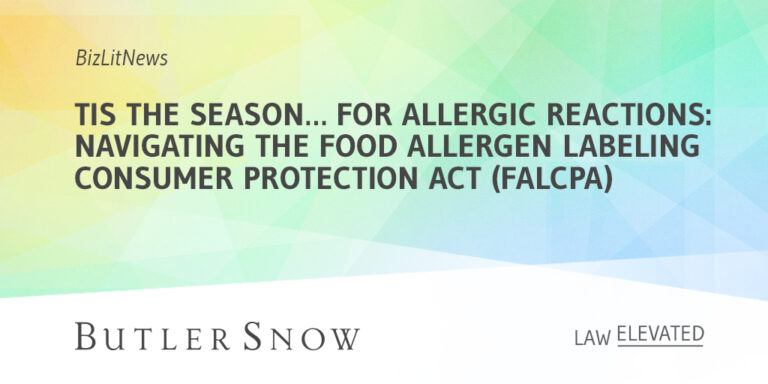It’s New Year’s Eve at 6:00 p.m. Four families, each with children, are gathered in a house to celebrate the New Year. The mood is festive. The Christmas tree glows in the corner of the living room, children run about playing with new toys, and there is music, laughter, drinks, and snacks. One of the children at the party is allergic to nuts. The snacks offered at the party include brownies from a local bakery. Though not immediately visible, the brownies contain nuts. The child who is allergic to nuts grabs one of the brownies, visually inspects it for the presence of nuts, and seeing none, takes a bite. Within seconds, his face begins to burn and itch. He develops hives. His throat swells. He has trouble breathing. His parents immediately administer epinephrine and call 9-1-1. Paramedics arrive and the child is rushed to the emergency room where he receives medical care and treatment and fortunately recovers. Nevertheless, he, his parents, and everyone at the party have just experienced the scariest moment of their lives.
When the child’s mother later looks for an ingredient label to determine the contents of the brownie, she is unable to find one. She learns the bakery that sold the brownie never created such a label. But, why not? The answer is the Food Allergen Labeling Consumer Protection Act (FALCPA) does not require it. FALCPA is a 2004 amendment to the federal Food, Drug, and Cosmetic Act (the FDCA). FALCPA requires major food allergens to be included on labeling, but only on those products which are first required by the FDCA to actually have an ingredient label. 21 U.S.C. § 343(w). Food “which is processed and prepared primarily in a retail establishment, which is ready for human consumption . . . and which is offered for sale to consumers but not for immediate human consumption in such establishment and which is not offered for sale outside such establishment” is exempt from ingredient labeling requirements. 21 U.S.C. § 343(q). The corresponding federal regulations specifically set forth that the labeling exemption applies to food prepared on-site at in-store bakeries where they are sold. 21 C.F.R. § 101.9(j). The brownie in this instance fit the criteria for exemption, and therefore did not require a label or declaration of any allergens.
For those who have them, food allergies are a critical component of daily life. Particularly during the holidays, food-related allergens are abundant, and those with allergies have to take special care to avoid them. FALCPA offers some safeguards to protect those with food allergies, but the law is complex and requires careful study to determine its applicability to various circumstances. Nevertheless, those familiar with FALCPA and its provisions can help manufacturers, retailers, and consumers understand the law and the safety measures it provides.
Authored by: Andrew D. Tharp
